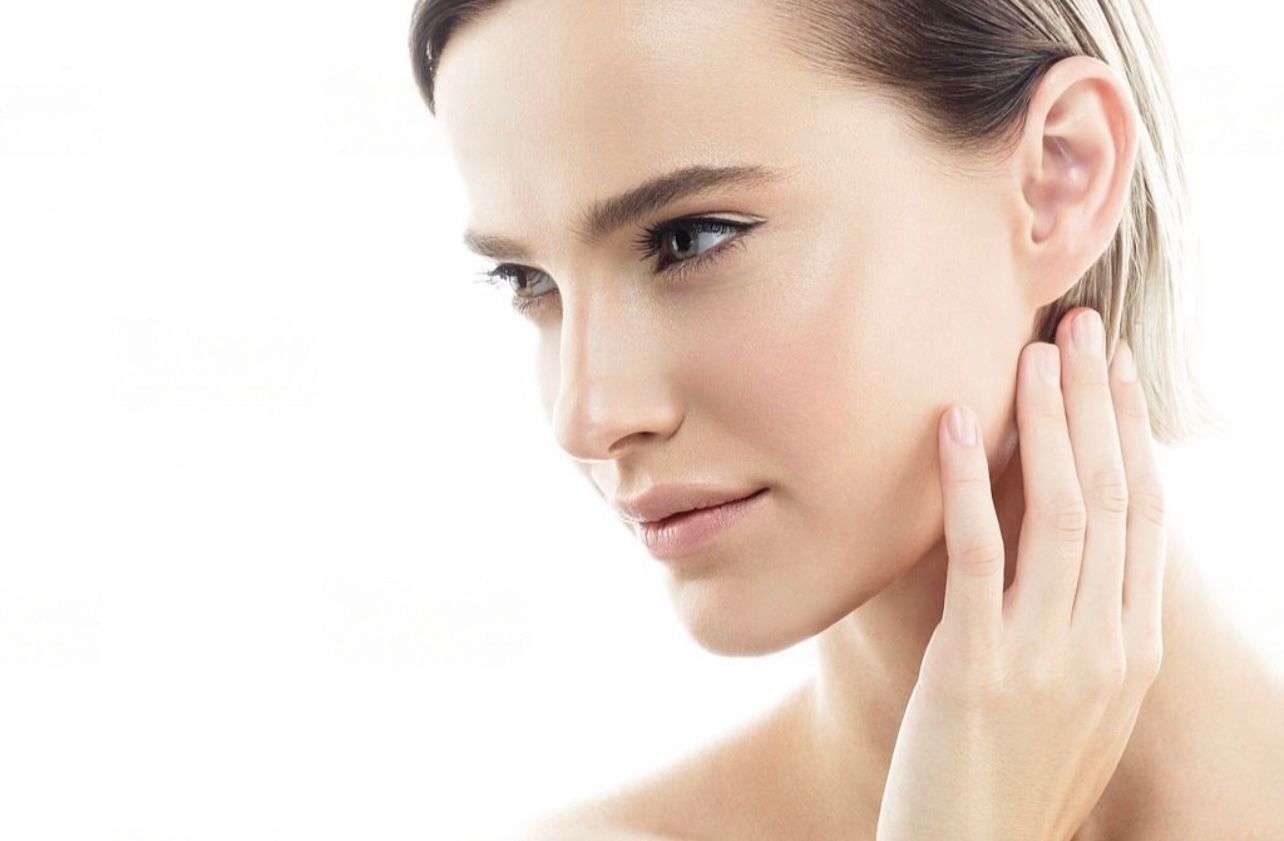From Dry to Hydrated: Nourishing Your Skin with Nutritional Remedies
You can enhance the health of your skin's protective barrier and enhance its moisture retention by consuming a well-balanced diet that includes vital fatty acids, vitamins, minerals, and antioxidants.

Having well-hydrated and healthy skin is a goal for many people. Dry skin can be uncomfortable and can lead to issues like itching, flakiness, and a dull complexion. While moisturizers and topical treatments play a crucial role in skin hydration, nourishing your skin from within through proper nutrition is equally important. In this article, we will explore the connection between nutrition and skin health, discuss key nutrients that promote skin hydration, provide examples of foods rich in these nutrients, and offer practical tips to improve your skin's hydration from the inside out.
The Relationship Between Nutrition and Skin Hydration
1.Hydration and Skin Barrier Function:
- Proper hydration is vital for maintaining the health and integrity of the skin's barrier. Water is essential for keeping skin cells plump and maintaining optimal moisture levels in the skin.
2. Nutrients for Skin Hydration:
- Several nutrients play a role in supporting skin hydration and overall skin health. These include essential fatty acids, vitamins (such as vitamins A, C, and E), minerals (such as zinc and selenium), and antioxidants.
Key Nutrients for Skin Hydration and Examples of Foods
1.Essential Fatty Acids:
- Omega-3 and omega-6 fatty acids help support skin hydration by maintaining the skin's barrier function. Sources of omega-3 fatty acids include fatty fish (salmon, mackerel), chia seeds, flaxseeds, and walnuts. Omega-6 fatty acids can be found in oils like evening primrose oil and borage oil.
2. Vitamins:
- Vitamin A: Promotes skin cell turnover and supports the production of natural moisturizing factors. Foods rich in vitamin A include carrots, sweet potatoes, spinach, and kale.
- Vitamin C: Enhances collagen synthesis and protects the skin from oxidative damage. Citrus fruits, strawberries, bell peppers, and broccoli are excellent sources of vitamin C.
- Vitamin E: Acts as an antioxidant, protecting the skin from free radicals and maintaining skin moisture. Good sources of vitamin E include almonds, sunflower seeds, spinach, and avocados.
3. Minerals:
- Zinc: Important for skin cell renewal and wound healing. Foods high in zinc include oysters, beef, pumpkin seeds, and chickpeas.
- Selenium: Has antioxidant properties and supports skin health. Brazil nuts, seafood, whole grains, and eggs are good sources of selenium.
4. Antioxidants:
- Antioxidants help protect the skin from oxidative stress and maintain its moisture balance. Berries, green tea, dark chocolate, and tomatoes are rich in antioxidants.
Tips for Hydrating Your Skin from Within
1.Stay Hydrated:
- Drink plenty of water throughout the day to maintain overall hydration levels, which will benefit your skin as well.
2. Eat a Balanced Diet:
- Consume a variety of whole foods, including fruits, vegetables, whole grains, lean proteins, and healthy fats, to provide your body with the necessary nutrients for skin hydration.
3. Limit Processed Foods and Sugar:
- Processed foods and foods high in sugar can contribute to inflammation and skin damage. Limit their intake and focus on whole, nutrient-dense foods.
4. Use Healthy Cooking Methods:
- Opt for cooking methods that preserve the nutrient content of your foods, such as steaming, grilling, or lightly sautéing.
SUMMARY
Nourishing your skin from within is an essential aspect of achieving and maintaining optimal skin hydration. By consuming a balanced diet rich in essential fatty acids, vitamins, minerals, and antioxidants, you can support the health of your skin's barrier and improve its ability to retain moisture. Remember to stay hydrated by drinking enough water and limit the consumption of processed foods and foods high in sugar. By adopting these dietary habits, you can promote a hydrated and radiant complexion.
Jayti Shah is a Clinical Nutritionist with a master's degree in Clinical Nutrition and Dietetics. She is a member of the Indian Dietetic Association (IDA). Over the last 9 years, she has helped 400 clients in their clinical and weight loss journeys. She works with SocialBoat as a nutrition consultant.
At SocialBoat, we offer custom diet plans and guided workouts to help you achieve your goals in a 360-degree approach. Our gamified experience ensures that you don’t find workouts boring and we reward you for being consistent with your efforts.

REFERENCES
- Schagen SK, Zampeli VA, Makrantonaki E, Zouboulis CC. Discovering the link between nutrition and skin aging. Dermatoendocrinol. 2012;4(3):298-307.
- Danby FW. Nutrition and aging skin: Sugar and glycation. Clin Dermatol. 2010;28(4):409-411.
- Kim J, Ko Y, Park YK, Kim NI, Ha WK, Cho Y. Dietary effect of lactoferrin-enriched fermented milk on skin surface lipid and clinical improvement of acne vulgaris. Nutrition. 2010;26(9):902-909.
- Lin TK, Zhong L, Santiago JL. Anti-inflammatory and skin barrier repair effects of topical application of some plant oils. Int J Mol Sci. 2017;19(1):70.
- Pappas A. The relationship of diet and acne: A review. Dermatoendocrinol. 2009;1(5):262-267.
